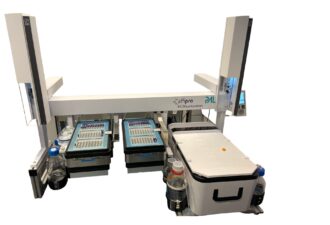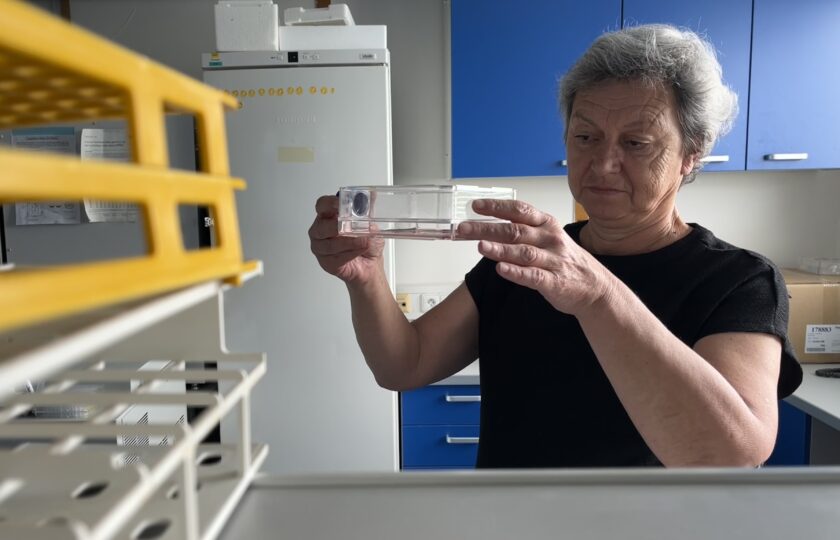
The new study was published in the Journal of Controlled Release by a team from the Institute of Microbiology of the Czech Academy of Sciences and the Institute of Macromolecular Chemistry of the Czech Academy of Sciences in collaboration with doctors from the Motol University Hospital.
Overcoming P-glycoprotein-mediated multidrug resistance in cancer cells through micelle-forming PHPMA-b-PPO diblock copolymers for doxorubicin delivery
Abstract
Multidrug resistance (MDR) represents one of the major concerns in cancer therapy as it may cause reduced efficacy of chemotherapeutic drugs due to the overexpression of ABC transporters, particularly P-glycoprotein (P-gp). This study explores the potential of novel amphiphilic diblock (DB) copolymers composed of poly[N-(2-hydroxypropyl)methacrylamide]-based copolymers (PHPMA) and poly(propylene oxide) (PPO) to overcome MDR mechanisms. The DB copolymers and their doxorubicin (Dox) conjugates significantly increased Dox accumulation in P-gp positive cells, markedly sensitizing them to Dox cytotoxic activity. The underlying mechanisms included depletion of intracellular ATP with subsequent inhibition of P-gp mediated drug efflux, an altered mitochondrial membrane potential, and increased ROS production. Moreover, the DB-Dox conjugates inhibited tumor growth in vivo more effectively compared to the corresponding PHPMA-based drug delivery system. Copolymers with additionally loaded PPO in the micelle core demonstrated superior efficacy in terms of P-gp inhibition, ATP depletion, and chemosensitizing effect in vitro, as well as antitumor activity in vivo. DB copolymers effectively depleted ATP levels both in vitro and in vivo using patient-derived xenograft (PDX) models, underscoring their capacity to enhance the effectiveness of standard chemotherapy and translational potential.
The study was supported by a project of the Czech Ministry of Health and the National Cancer Research Institute LX22NPO5102 (funded by the European Union – Next Generation EU).
Overcoming P-glycoprotein-mediated multidrug resistance in cancer cells through micelle-forming PHPMA-b-PPO diblock copolymers for doxorubicin delivery
Martin Kaňa, Alena Braunová, Daniil Starenko, Markéta Frejková, Jan Bouček, Blanka Říhová, Marek Kovář, Tomáš Etrych, Milada Šírová
Journal of Controlled Release (2025); https://doi.org/10.1016/j.jconrel.2025.113645
Graphical abstract



